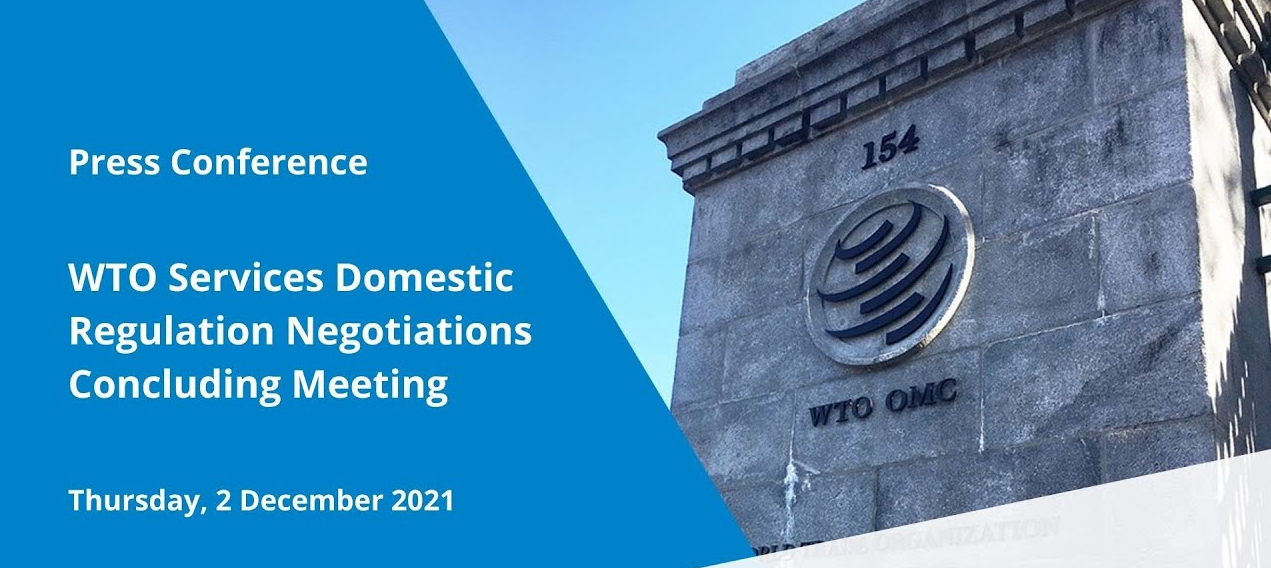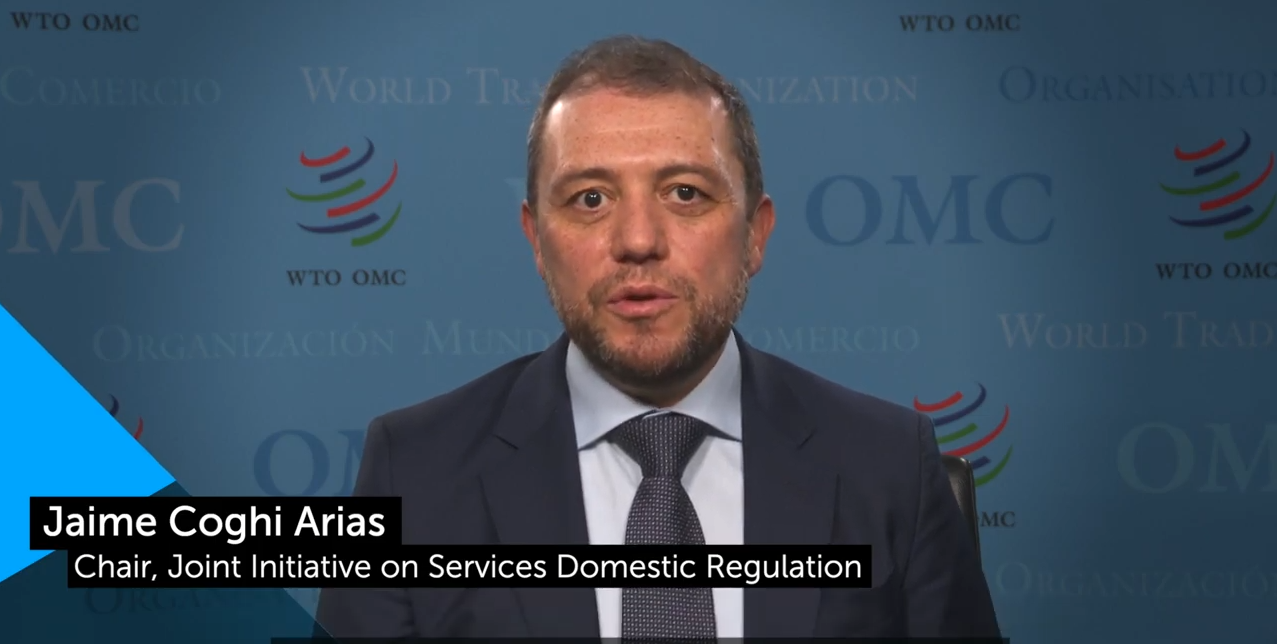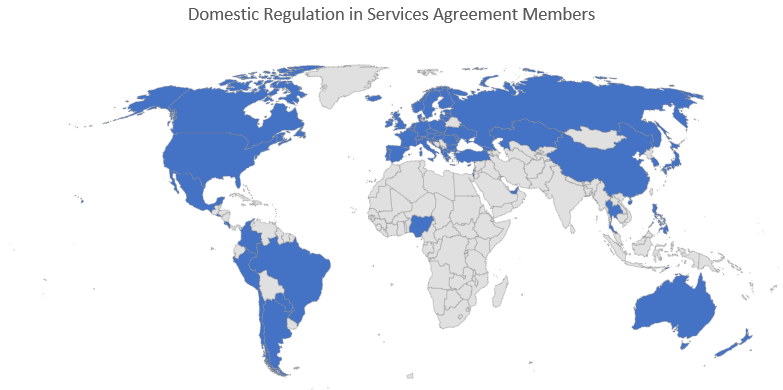This preamble outlines the general principle of the agreement including its legal underpinnings (Article VI of the General Agreement on Trade in Services). Paragraphs 3, 5 and 6 make it clear that this agreement should not be read as requiring any specific regulatory changes and that Members retain all their rights under the GATS and specifically the right to regulate as necessary to achieve their policy objectives. Paragraphs 2 and 4 speak to the unique challenges faced by developing countries and developing country suppliers in establishing domestic services regulatory regimes and in meeting the requirements of foreign regimes when exporting services.
- Members have agreed to the disciplines on Services Domestic Regulation in this Reference Paper (“disciplines”) with the objective of elaborating upon the provisions of the General Agreement on Trade in Services (“Agreement”), pursuant to paragraph 4 of Article VI of the Agreement.[1]
- Members recognize the difficulties which may be faced by service suppliers, particularly those of developing country Members, in complying with measures relating to licensing requirements and procedures, qualification requirements and procedures, and technical standards of other Members and in particular, the specific difficulties which may be faced by service suppliers from least-developed country Members.
- Members recognize the right to regulate, and to introduce new regulations, on the supply of services within their territories in order to meet their policy objectives.
- Members further recognize the existence of asymmetries with respect to the degree of development of services regulations in different countries, especially in the case of developing and least-developed country Members.
- The disciplines shall not be construed to prescribe or impose any particular regulatory provisions regarding their implementation. 6. The disciplines shall not be construed as diminishing any obligations of Members under the Agreement.
[1] Members recognize that further disciplines may be developed pursuant to paragraph 4 of Article VI of the Agreement.





